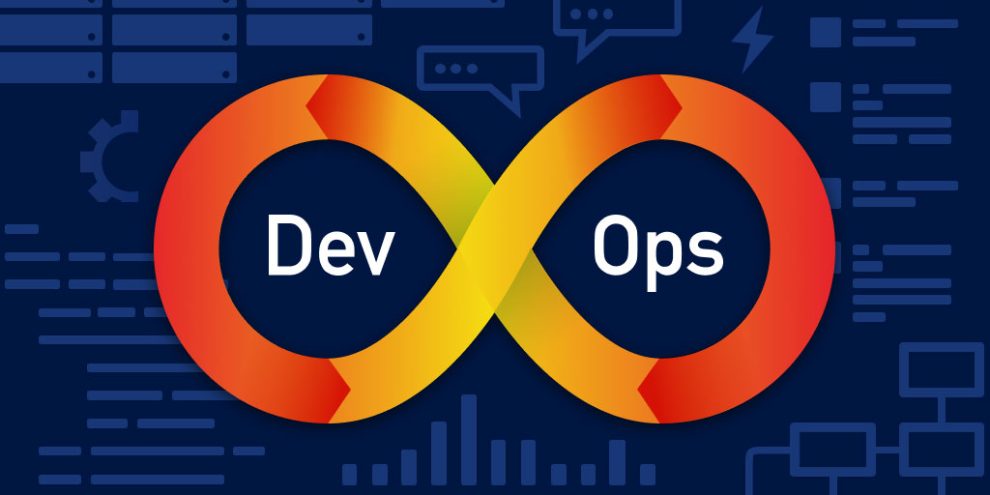The term “DevOps” used to spark curiosity and confusion in equal measure. Was it a magic spell, a mythical creature, or an elusive unicorn of the software world? Thankfully, we’ve moved beyond the hype and entered an era where DevOps principles are actively shaping modern deployment and operations methodologies. Buckle up, as we delve into the evolution of DevOps and unpack the tools and trends driving its ever-evolving dance between development and operations.
From Silos to Symphony: Breaking Down the Walls
DevOps wasn’t born overnight. It was forged in the fiery crucible of frustration, frustration with the clunky walls separating development and operations. Code languished in limbo, waiting for ops teams to magically deploy it, leading to lengthy release cycles and finger-pointing blame games. DevOps arrived as a bridge, tearing down these silos and fostering a culture of collaboration and shared responsibility.
Modern Melodies: Tools and Trends Orchestrating Success
So, what’s the symphony orchestra of modern DevOps? Here are some key instruments fueling its harmonious performance:
Continuous Integration and Continuous Delivery (CI/CD)
Automate code building, testing, and deployment, allowing for more frequent and reliable releases. Think of it as a conveyor belt where code seamlessly flows from development to production. Tools like Jenkins, CircleCI, TravisCI, and GitLab CI/CD have become integral components of the DevOps toolchain, enabling teams to deliver value faster while maintaining quality through comprehensive test automation.
Infrastructure as Code (IaC)
Manage infrastructure through scripting tools like Terraform, CloudFormation, and Ansible, treating servers and networking like code, promoting consistency and reducing manual configuration errors. No more cryptic server configurations scribbled on napkins! IaC introduces version control, collaboration, and peer reviews to infrastructure management – just as we do for application code.
Containerization
Docker and Kubernetes reign supreme, packaging applications in isolated, portable containers that run effortlessly across any environment. Containers introduce portability across clouds and enable predictable rollouts and rollbacks. Applications become nimble dancers, effortlessly traversing physical and virtual stages.
Microservices Architecture
Break down monolithic applications into smaller, independent services, allowing for faster development, easier scaling, and higher resilience. Imagine a modular orchestra, where each instrument shines, and the show goes on even if one violin stumbles. Microservices provide agility, scalability and fault isolation. When combined with containers and orchestration, they enable next-generation application architectures.
Monitoring and Observability
Tools like Prometheus, Grafana, Elastic Stack, Datadog, and New Relic offer real-time insights into application health and performance, enabling proactive troubleshooting and preventing meltdowns. Think of it as a conductor with a hawk eye, ensuring every note hits its mark. Monitoring and observability provide unprecedented visibility into distributed systems to help teams stay ahead of performance issues.
Challenges and Chords of Caution
The DevOps melody isn’t always harmonious. Cultural resistance, siloed mindsets, and inadequate tool selection can still disrupt the rhythm. Security vulnerabilities can lurk within containers, demanding robust threat detection and mitigation strategies. Shift left security testing and infrastructure protection are crucial. And let’s not forget the importance of test automation and QA. They ensure our digital melodies don’t turn into cacophonies of bugs and failures in production.
The Future: An Evolving Score
DevOps is not a destination; it’s a journey, forever evolving and adapting to new technologies and trends. Automation will continue to play a starring role, with AI and machine learning poised to further optimize deployment and operations. Think self-healing infrastructure, predictive auto-scaling, and smart rollbacks. Security will remain a critical harmony, demanding constant vigilance and innovation as threats become more sophisticated. And collaboration, the foundation of DevOps, will become even more essential as we navigate the complexities of distributed teams and cloud-native environments.
So, raise your metaphorical batons, embrace the spirit of collaboration, and join the ever-evolving DevOps orchestra. Together, we can compose a symphony of software success, where development and operations harmonize to create beautiful, reliable, and secure applications that resonate with users around the world.
















Add Comment